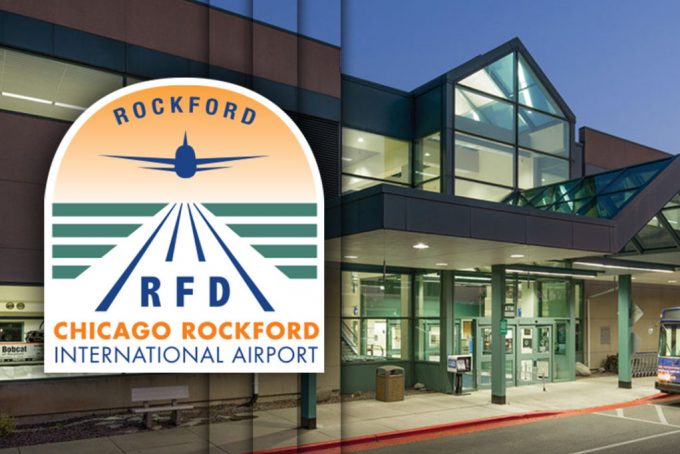
Ken Ryan, director of cargo at Chicago Rockford International Airport (RFD), is looking forward to a boost for a recently established freighter connection across the Atlantic.
In June, German forwarder Senator International extended its dedicated transatlantic freighter service from Germany’s Hahn Airport to Greenville-Spartanburg (GSP) in South Carolina, to a weekly connection to RFD. Senator runs multiple weekly flights on the Hahn-GSP route.
“And we’re expecting this to increase to three times a week,” Mr Ryan said.
As the second-largest US hub in the ...





Comment on this article